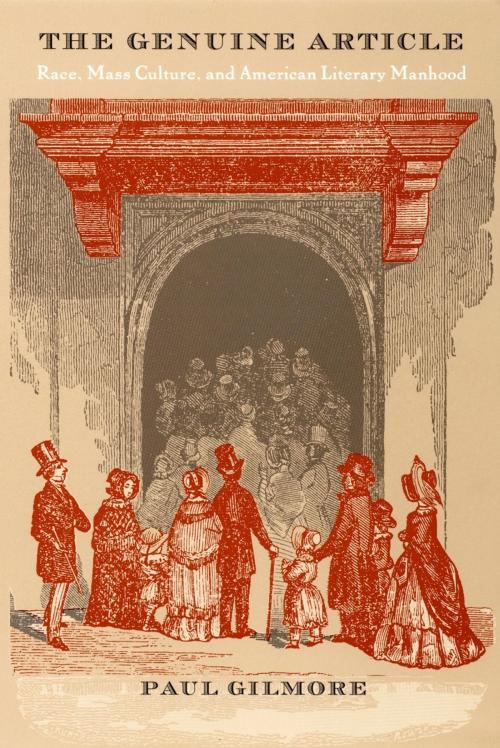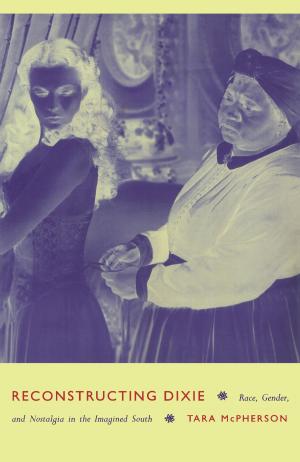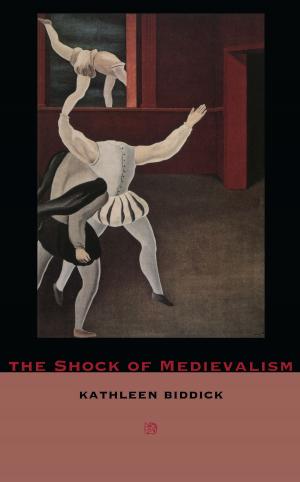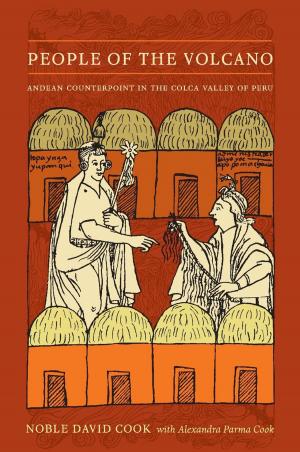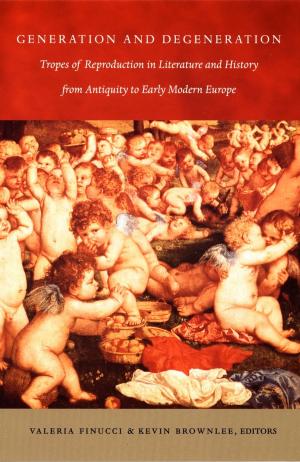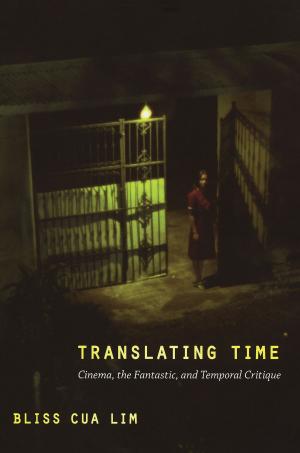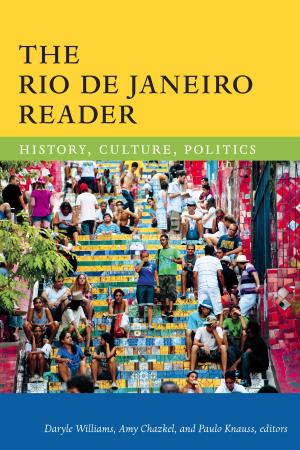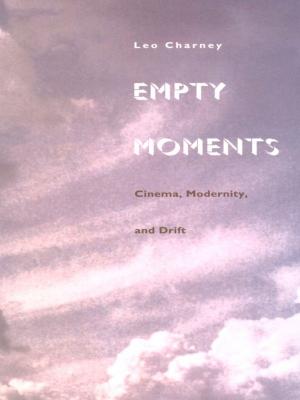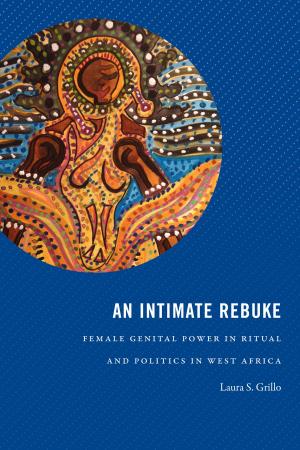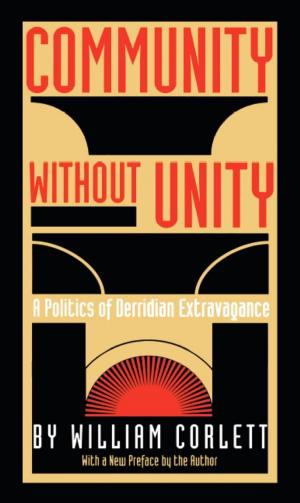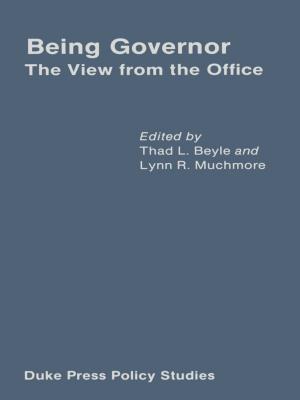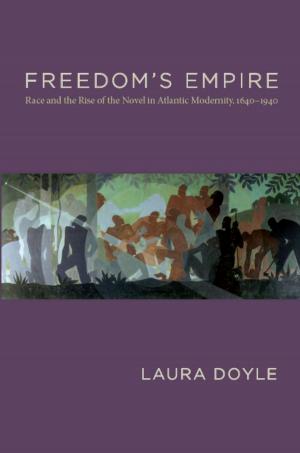The Genuine Article
Race, Mass Culture, and American Literary Manhood
Fiction & Literature, Literary Theory & Criticism, American| Author: | Paul Gilmore, Donald E. Pease | ISBN: | 9780822380313 |
| Publisher: | Duke University Press | Publication: | November 28, 2001 |
| Imprint: | Duke University Press Books | Language: | English |
| Author: | Paul Gilmore, Donald E. Pease |
| ISBN: | 9780822380313 |
| Publisher: | Duke University Press |
| Publication: | November 28, 2001 |
| Imprint: | Duke University Press Books |
| Language: | English |
In The Genuine Article Paul Gilmore examines the interdependence of literary and mass culture at a crucial moment in U. S. history. Demonstrating from a new perspective the centrality of race to the construction of white manhood across class lines, Gilmore argues that in the years before the Civil War, as literature increasingly became another commodity in the capitalist cultural marketplace, American authors appropriated middle-brow and racially loaded cultural forms to bolster their masculinity.
From characters in Indian melodramas and minstrel shows to exhibits in popular museums and daguerrotype galleries, primitive racialized figures circulated as “the genuine article” of manliness in the antebellum United States. Gilmore argues that these figures were manipulated, translated, and adopted not only by canonical authors such as Hawthorne, Thoreau, Cooper, and Melville but also by African American and Native American writers like William Wells Brown and Okah Tubbee. By examining how these cultural notions of race played out in literary texts and helped to construct authorship as a masculine profession, Gilmore makes a unique contribution to theories of class formation in nineteenth-century America.
The Genuine Article will enrich students and scholars of American studies, gender studies, literature, history, sociology, anthropology, popular culture, and race.
In The Genuine Article Paul Gilmore examines the interdependence of literary and mass culture at a crucial moment in U. S. history. Demonstrating from a new perspective the centrality of race to the construction of white manhood across class lines, Gilmore argues that in the years before the Civil War, as literature increasingly became another commodity in the capitalist cultural marketplace, American authors appropriated middle-brow and racially loaded cultural forms to bolster their masculinity.
From characters in Indian melodramas and minstrel shows to exhibits in popular museums and daguerrotype galleries, primitive racialized figures circulated as “the genuine article” of manliness in the antebellum United States. Gilmore argues that these figures were manipulated, translated, and adopted not only by canonical authors such as Hawthorne, Thoreau, Cooper, and Melville but also by African American and Native American writers like William Wells Brown and Okah Tubbee. By examining how these cultural notions of race played out in literary texts and helped to construct authorship as a masculine profession, Gilmore makes a unique contribution to theories of class formation in nineteenth-century America.
The Genuine Article will enrich students and scholars of American studies, gender studies, literature, history, sociology, anthropology, popular culture, and race.
